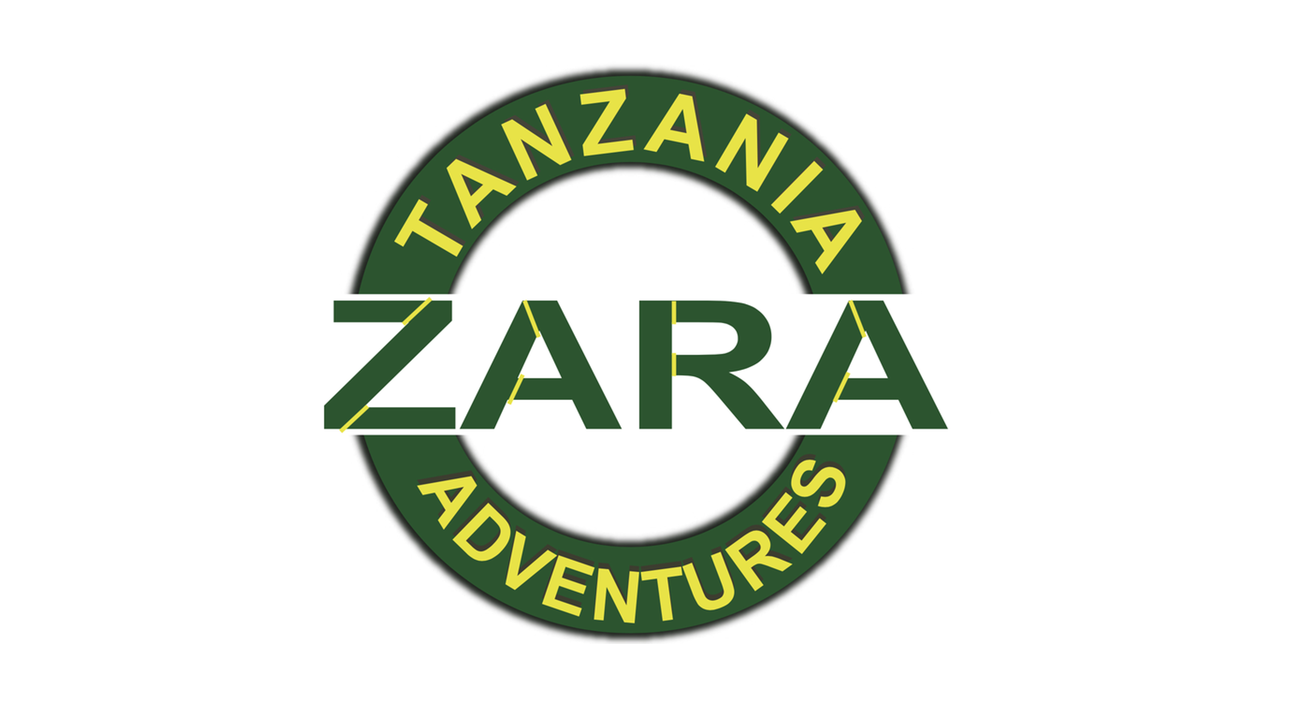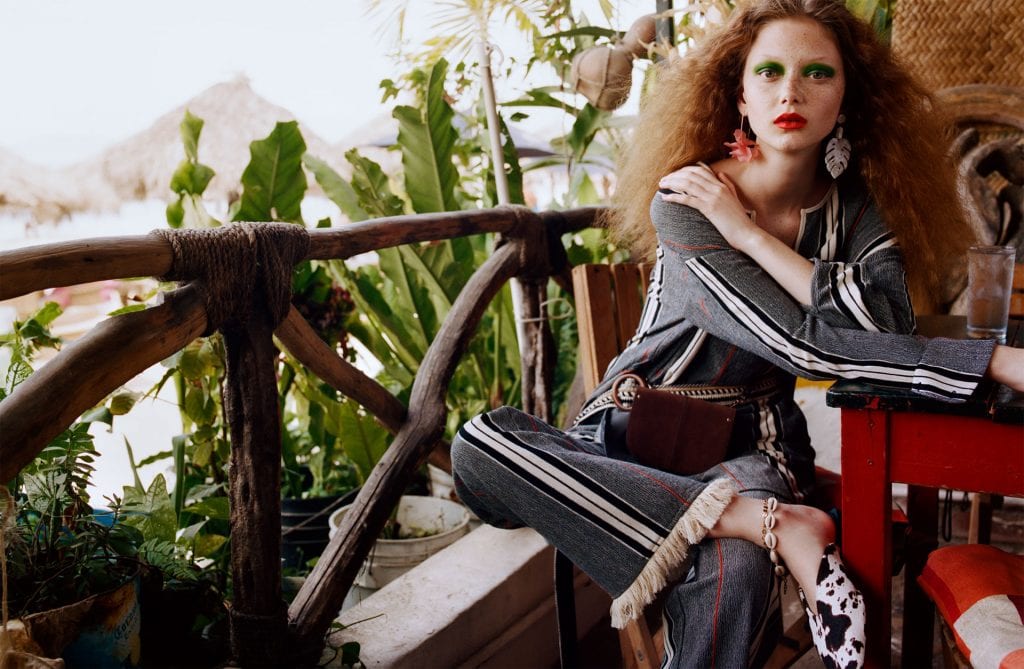Zara might occasionally sell safari-appropriate wares – from lightweight utility-inspired jackets to earth-toned jumpsuits, but it is highly unlikely that consumers are going to confuse the brand with a Tanzania-based tour company, right? That is not what a European Union court held recently in a decision to reject a trademark application filed by Zara Tanzania Adventures for a figurative trademark, which features the word “Zara” along with “Tanzania Adventures” for use in connection with “travel and tourism services,” “wildlife education and training services, ecology, safaris,” and “travel agency and hotel services.”
According to the Court of Justice of the European Union (“CJEU”), whose decision follows from a loss for the travel company before the European Union Intellectual Property Office (“EUIPO”) and an appeal to the CJEU, Zara Tanzania Adventures’ mark – which it uses in class 39 (travel and tourism services), 41 (wildlife education and training services, ecology, safaris) and 43 (travel agency and hotel services) – is simply too similar to the ones held by the Spanish retail giant, and thus, may not be registered with the EUIPO.
The classes of goods and services that Zainab and Roger Ansell listed on their 10-year old application for registration are significant. After all, trademarks – i.e., any words, names, symbols, or designs, or any combination thereof, used in commerce to identify and distinguish the goods of one company from another – are registered by the classes of goods and services on which they are actually being used. Class 25 covers clothing, for example, while class 3 includes various cosmetics products.
It is well established that two companies with very similar trademarks – i.e., any word, name, symbol, or design, or any combination thereof, used in commerce to identify and distinguish the goods of one company from another – and very similar classes of goods may not both maintain trademark registrations (as distinct from common law rights). At the same time, two companies using similar trademarks may enjoy the benefits of registration if the types of goods and services in connection which they are using the marks differ.

This is why, for instance, an airline company, a faucet company, and a Swiss watch company all maintain registrations for the “Delta” trademark.
With this in mind, the CJEU’s decision to shoot down the Ansell’s application – which depended in large part on Zara’s parent company Inditex’s argument that fashion and travel are not all that different – is striking. The apparel behemoth argued that it is not uncommon for fashion publications, as well as influencers, to marry fashion and travel trends. Paired with “the current trend of fashion brands evolving into new adjacent markets, such as food, travel, hotels and restaurants,” there is a chance that Zara would subject to consumer confusion and/or unfair competition should the Ansell’s mark be registered.
Zara’s win “demonstrates the far reaching, evolving nature of fashion brands and the markets they can operate in and are expanding into,” according to K&L Gates’ Simon Casinader and Daniel Cartmell. “The court found that, in line with the current trend of fashion marks evolving towards other markets, the risk of unfair advantage cannot be ruled out in spite on the differences between the goods and services, and emphasized the importance of considering all relevant factors to the circumstances of the case in order to ascertain the risk.”
While the tours company may have lost the trademark fight in the EU, the company is embroiled in a stateside battle after filing an application for the same mark with the U.S. Patent and Trademark Office (USPTO”) in March 2018. Zara opposed to application in January and the parties are currently going back and forth before the USPTO’s Trademark Trial and Appeal Board.













